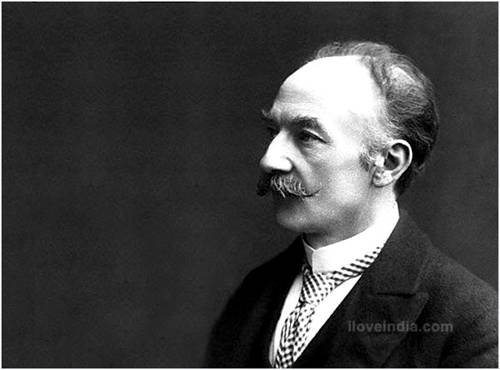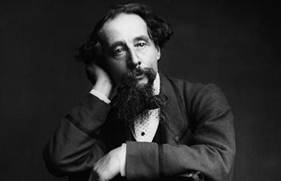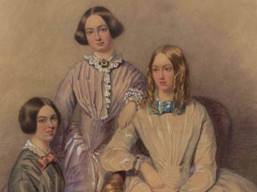victorian fiction
1. Thomas Hardy
 Hardy actually received little positive recognition for his novels during his lifetime. In fact, after the poor reception of Jude the Obscure he gave up writing novels altogether and focused on his poetry. More recently, however, his novels are widely read and feature on the reading list of every literature student. Tess of the D’Urbervilles is my personal favorite – Tess is a simple farm girl who is preyed upon by an (apparently) aristocratic menace. Hardy deals with issues of class and gender and attacks social conventions which is why his novels were so controversial in his day.
Hardy actually received little positive recognition for his novels during his lifetime. In fact, after the poor reception of Jude the Obscure he gave up writing novels altogether and focused on his poetry. More recently, however, his novels are widely read and feature on the reading list of every literature student. Tess of the D’Urbervilles is my personal favorite – Tess is a simple farm girl who is preyed upon by an (apparently) aristocratic menace. Hardy deals with issues of class and gender and attacks social conventions which is why his novels were so controversial in his day.
2. Charles Dickens

Dickens has to be on everyone’s list of great Victorian novelists. He wrote far too many novels to list and he also found the time to write collections of short stories, poetry, plays and essays. His novels have been the subject of a number of famous television and film adaptations, including Oliver Twist and A Christmas Carol but you should pick up a Dickens novel to experience his lively characters for yourself. For a Dickens novice, Great Expectations is a good place to start.
3. The Brontë sisters

Charlotte, Emily and Anne Brontë wrote seven (published) novels between them. Charlotte’s Jane Eyre and Emily’s Wuthering Heights are by far the most acclaimed novels. Anne is often described as the “least talented” of the three, but all of their work is worth reading.